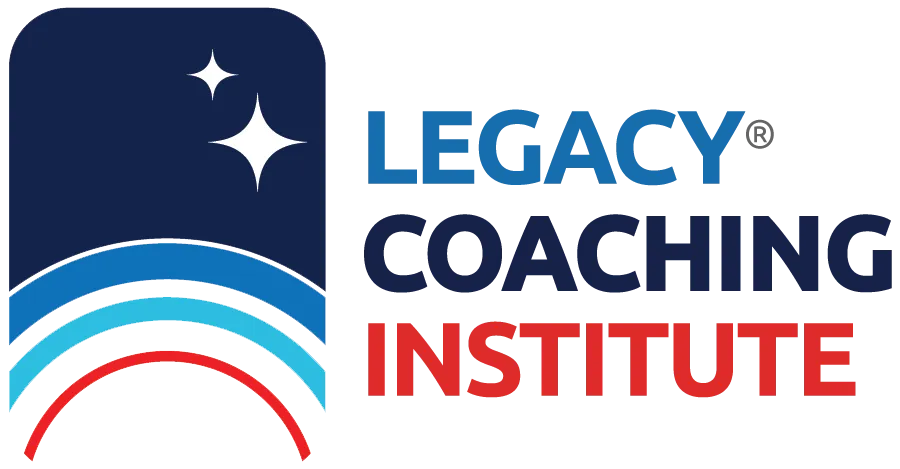The main motivation behind the agreement between a coach and a client is the coach’s ability to create a safe and supportive environment that grants the client freedom of expression in whichever way makes them comfortable.
It is very important to have an agreement before the first coaching session, to develop a relationship between the coach and the client that is based on respecting each other’s rights and built on trust.
You can also know more about cultivating self-love through our course Cultivate Self-Love
This competency used to be competency no. 3 where it was establishing trust and intimacy. In the updated version, there is more emphasis around Safety. Psychological safety is extremely important for the client for them to understand that there is no judgement, and that the client is more than welcome to be himself during the coaching session with their professional coach . On the other hand, it is important for the client to know that no matter what, the client would be safe and confidentiality would prevail.
What Would A Professional Coach Do To Establish A Respected Relationship Between Him And The Client?
A Coach who struggles with this competency would be one who tries to understand the client within his own context with his own aspirations and judgements is not considered as professional coach.
A successful coach would use the client’s environment, values, beliefs, and context to better understand and help their client.
A coach would always know how to show respect to their client regardless of what they hear in the session along with supporting their unique talent and attributes. Professional Coaches would always acknowledge this uniqueness. Mastering this competency, would mean that the coach can demonstrate concern toward the client’s mental health. The more the coach fades within the session, the more they have mastered this competency and are benefiting the client.
What Would an Egocentric Coach Do?
An egocentric coach would never master this competency because he would not be playing the role of the Professional Coach. Furthermore, he might be playing the role of the consultant who is advising the client as he knows what is best for the client which disempowers his clients.
Is the coach asking questions that empower the client or is it questions that are collecting data to satisfy his curiosity only?
You might ask yourself as a coach and professional coach, is the coach asking questions that empower the client or is it questions that are collecting data to satisfy his curiosity only?
A Conscious Coach must be able to demonstrate transparency, respect, and openness to encourage the client to be more vulnerable in the session and encourage their freedom of expression in any shape and form to help the client build a more trusting base with their coach. The coach must be able to empathise with the client in every shape and form as long as it is not uncomfortable for the client and not clouding the coach’s judgement.
It is very important that as the coach is supporting the client, that he does not adopt the client’s feelings as his own as this would result in lack of active listening, lack of credibility and lack of balance which would not encourage the client to trust the coach in helping them achieve their goals.
At this point, the client would not appreciate the coach’s vulnerability and would not perceive it as a form of support as it is not in all cases and was intentionally not for that purpose.
It was a lack of control and mastery from the coach in the session which will cloud the client’s inner voice.
You can know more about how to be an INSPIRING Coach by Reading the Inspiring Coach book. https://bit.ly/3i4irDq
